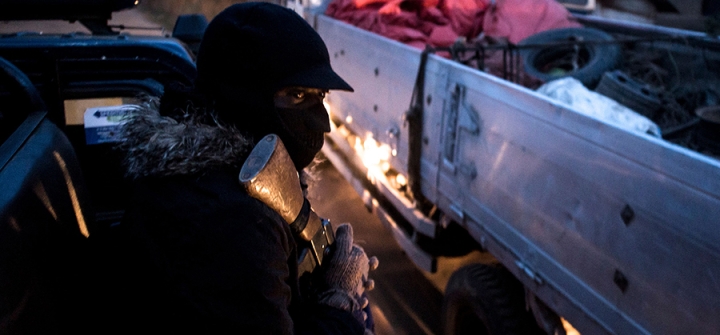Bullets and Ebola: The Latest Update from DRC
Ebola is a dragon with multiple heads—starting in one place and then popping up in others, Oly Ilunga Kalenga, Minister of Health for the Democratic Republic of the Congo, told a packed committee room at a #WHA72 meeting this morning.
And all around the dragon: violence. More than 100 attacks on health facilities has caused 4 deaths and dozens of injuries and have hampered the DRC and international response.
Kalenga and WHO Director-General Tedros Adhanom Ghebreyesus updated attendees on the status of Ebola response in the DRC. Nearly 1,900 cases have been recorded so far with more than 1,000 deaths.
“This outbreak is still going on, not because we don’t have the tools or skills we need,” said Tedros. “It is still going on because we don’t have the sustained access to communities that we need to finish the job."
Kalenga candidly discussed shortcomings in the response including a fragmented, siloed effort that has led to communities being contacted by different organizations with different messages. He also faulted communications that has had an “expert-based approach” that doesn’t respect participants and community stakeholders. Better data, too, is needed to inform the response.
Authorities are also rethinking their vaccination strategy. So far they have mostly vaccinated exposed individuals and contacts, but they may shift to a broader “ring” strategy that would include households and surrounding households—a method that responders have employed when they reach hard to access communities.
Kalenga pushed back on the emerging narrative that violence has arisen because the responders are failing at community engagement. “There is the issue of community engagement and then there is the issue of violence. Each requires a different response,” he said. He emphasized the need to work through traditional chiefs and other social leaders.
Despite the setbacks, officials pointed to a couple major successes: Immunizing more than 120,000 people with the 97.5% effective Ebola vaccine and the DRC’s containment, so far, of the virus to 2 provinces. More than 50,000 passengers and others in transit out of DRC have been checked before departing the country.
Tedros took time to recognize Kalenga’s efforts and frequent visits to North Kivu, the epicenter of the outbreak. “He was not scared of bullets and Ebola because all you find now in North Kivu is bullets and Ebola,” Tedros said. “That courage is amazing. Thank you my brother.”
Check out the latest news from #WHA72 here.
Local police on a May 18 patrol in Butembo, epicenter of the Ebola crisis in DRC and site of attacks on health facilities. (Image: JOHN WESSELS/AFP/Getty Images)





